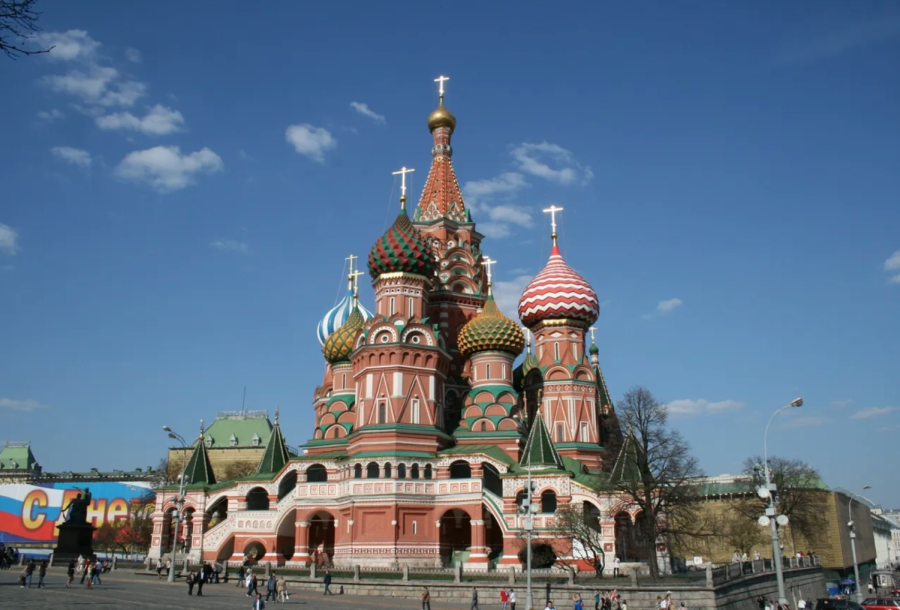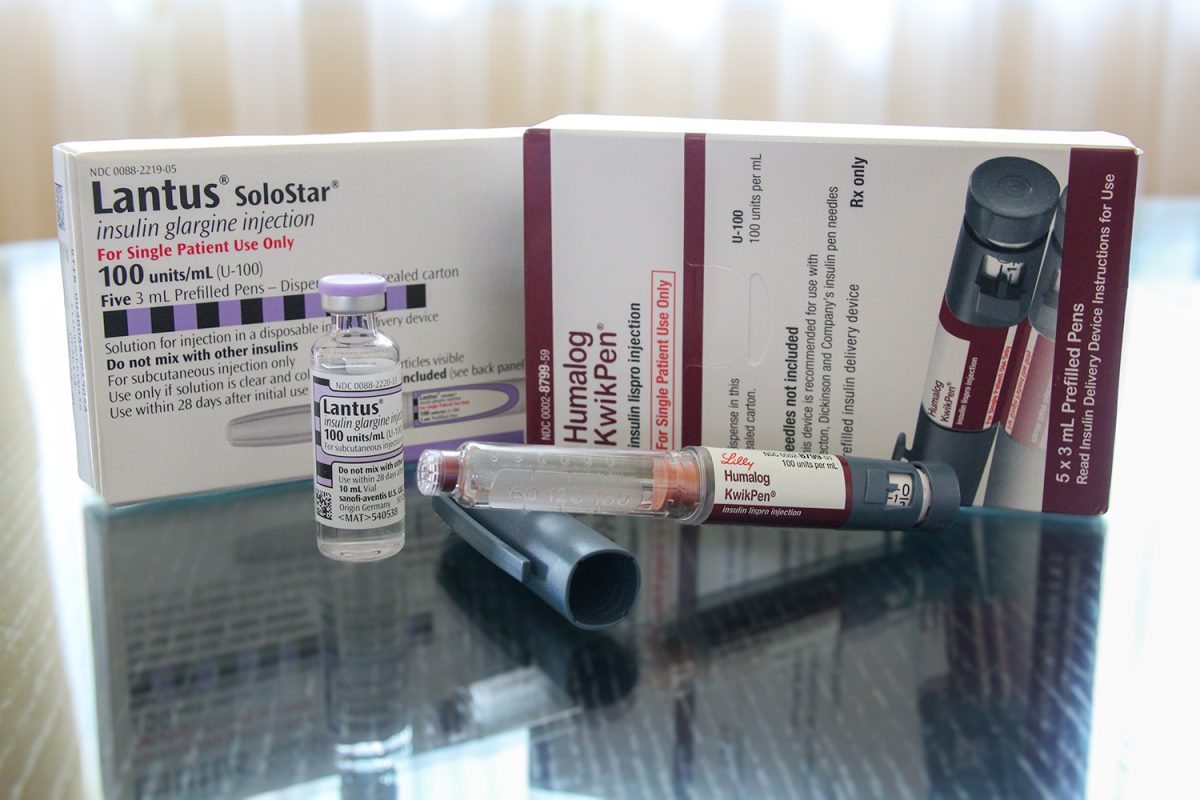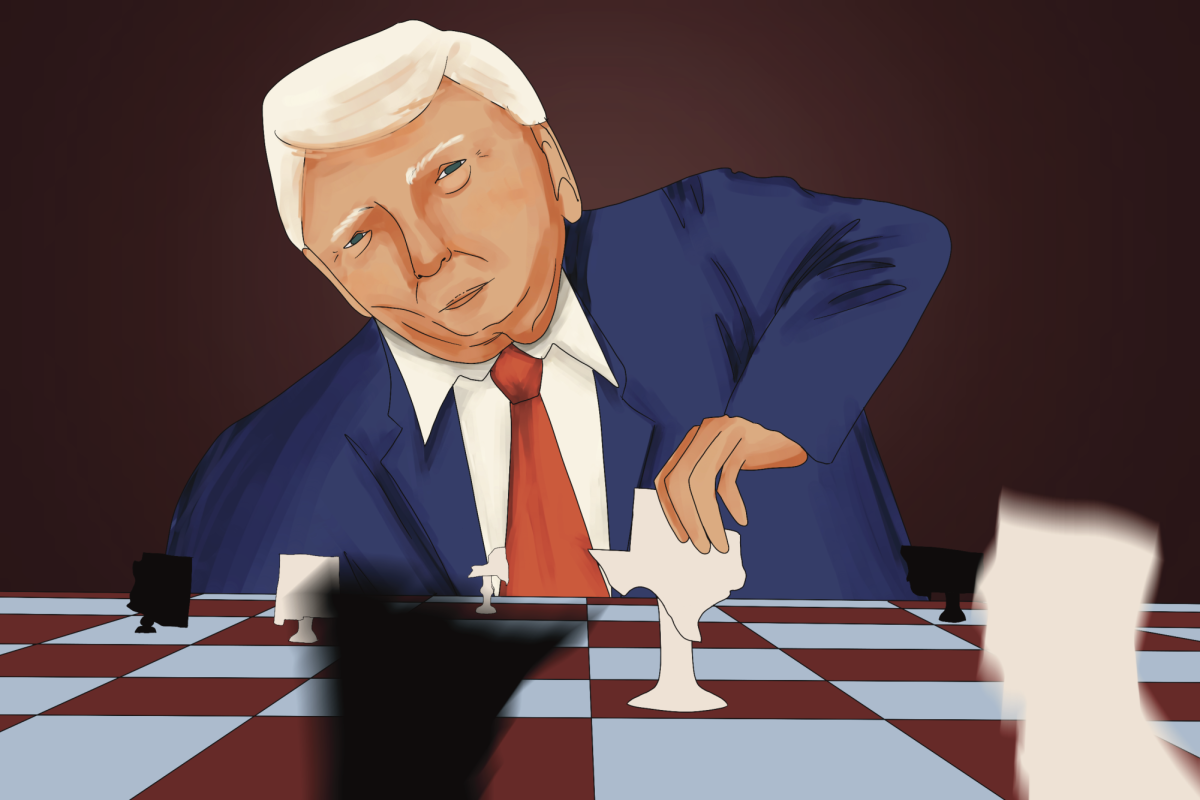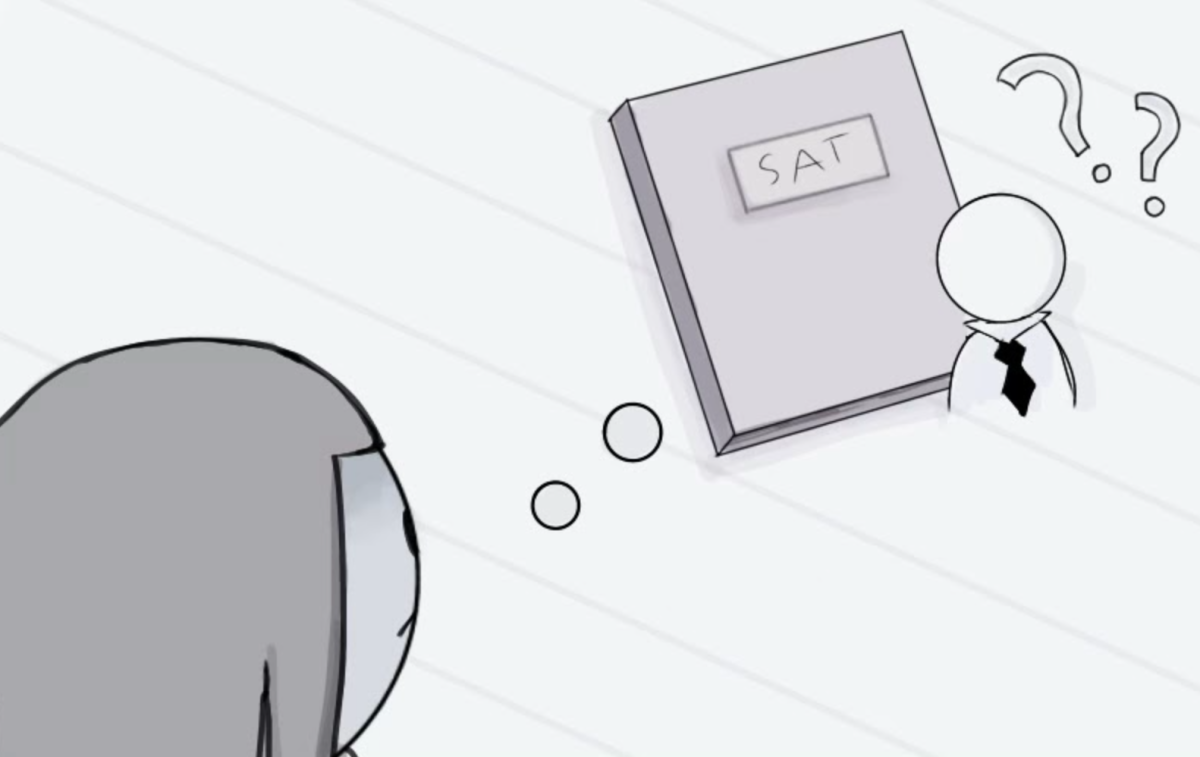Evan Gershkovich of the Wall Street Journal (WSJ) is the first U.S. journalist to be detained in Russia in an espionage case since the Cold War, according to the Committee to Protect Journalists.
Held in the same jail that held high-profile inmates in the Soviet Union, including coup conspirators from 1991 against President Mikhail Gorbachev, Gershkovich is facing a 20-year sentence in a penal colony if he is found guilty of spying.
Gershkovich was arrested in Yekaterinburg while working for the WSJ on the basis of espionage, but with zero evidence of spying, it’s clear his arrest is the Kremlin’s attempt to threaten Western journalists.
Russia’s history is filled with imprisoning dissidents on bogus charges, from the oppressive regimes of the Soviet Union to Vladimir Putin imprisoning popular political opponents Alexei Navalny and Vladimir Kara-Muzma; such baseless accusations are nothing new. Similarly to the Soviet regimes, Putin is fully exercising his power to keep himself as the dictatorial head of the Russian government, and there’s no way to stop him.
Since Putin’s full-scale invasion of Ukraine on February 24, 2022, he has shown he’ll do anything to maintain his power. Attacks on Ukrainian civilian infrastructure, abduction of Ukrainian children, and accusations of treason against any opponents of the war are all courses of action Putin has shown he’s willing to take to rule with fear and force.
Gershkovich’s arrest marks that same trajectory: ruling by fear. Putin is purposefully making it more difficult for journalists to practice in Russia, a country where if you now describe the war in Ukraine as a “war,” it is a crime.
For journalists and media organizations looking to report in the country, Gershkovich’s case is a clear sign that Putin’s government is targeting journalists who don’t subscribe to Russia’s propaganda. Putin is putting freedom of speech in deeper peril in a country where it barely existed to begin with.
The risk is even more significant considering Gershkovich is of Russian origin, being the son of Soviet Jewish émigrés. This means no one is safe when it comes to Russia’s crackdowns on the press; it doesn’t matter if they’re American or European, coverage is difficult for anyone if they don’t contribute to Russian state propaganda.
Due to such dangers, the approach to coverage needs to change for publications with reporters in Russia. Organizations including the BBC, CNN, and Reuters still have correspondents in Moscow but are forced to communicate remotely with their sources, replacing what would be occasional visits.
Among the many roadblocks in reporting in Russia, Putin’s hostage-taking approach to the free press in Russia puts all journalists at risk from this point forward. He continues to rule by fear, whether it’s domestically, in a warzone, or over media organizations.
By arresting Gershkovich, the Kremlin is sending a clear signal that impartial reporting in Russia will continue to be challenging, just as Putin wants.












